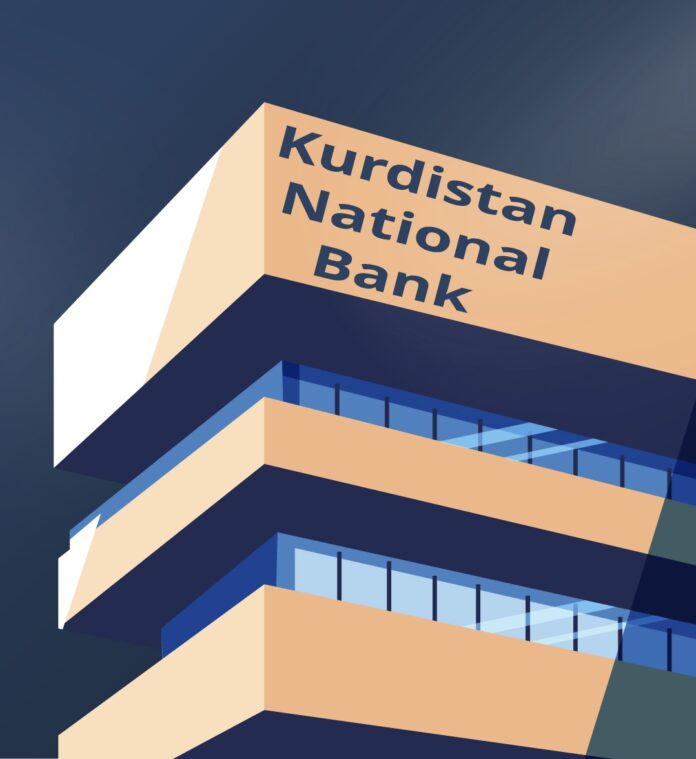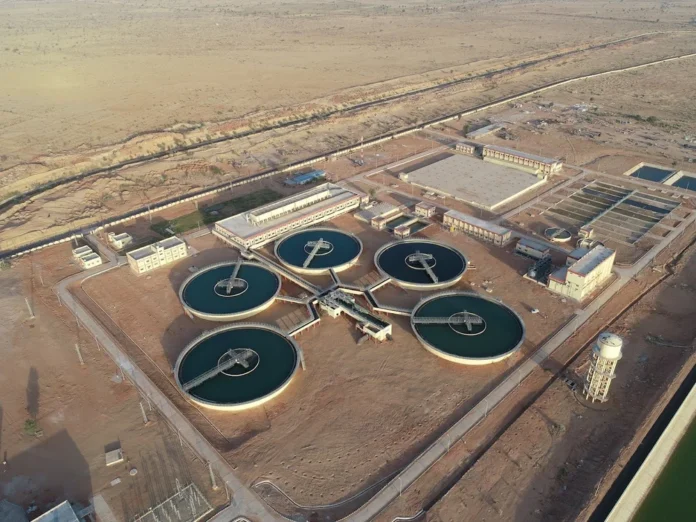Penjwen tomatoes dominate the agricultural season this year in the Kurdistan Region. Farmers planted thousands of acres across the Penjwen plain. Buyers from Sulaimani, Baghdad, and southern cities travel daily to purchase directly from warehouses.
Farmer Omar Mahmood planted dozens of acres this year. He described the tomato varieties and insisted on their natural quality. He strongly rejected rumors about harmful chemicals. He said farmers in Penjwen protect both soil and product.
Each morning, workers from the Kurdistan Region and East Kurdistan arrive in Penjwen. They harvest, pack, and load the produce. After finishing, they rest in the fields while trucks line up. Drivers then transport the tomatoes to city markets.
The Penjwen warehouse has become a key center for agricultural trade. Farmers deliver their produce, while traders from across Iraq compete for purchases. Most of the buyers are Arabs who call the tomatoes both affordable and tasty.
Trader Ismail explained that Iraqis admire Penjwen tomatoes. He said the crop is fresh, beautiful, and large enough to supply the entire country. According to him, harvest speed will decide market stability.
Another buyer, Nasser Mohammed, praised the quality. He described the tomato as “number one” in both Iraq and Kurdistan. However, he warned about the danger of smuggled Iranian tomatoes. He said illegal imports reduce local sales and harm farmer income.
Planting begins in late May. Farmers start harvesting in early July and continue until mid-November. Penjwen, located 100 kilometers from Sulaimani, includes three townships and 188 villages.
Penjwen tomatoes now serve as more than a seasonal crop. They bring jobs, support food security, and connect farmers with markets across Iraq. With strong harvests, Penjwen continues to feed homes and sustain livelihoods.


